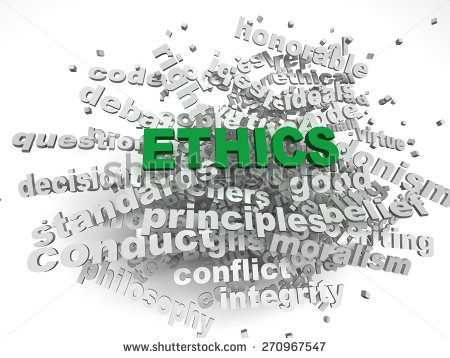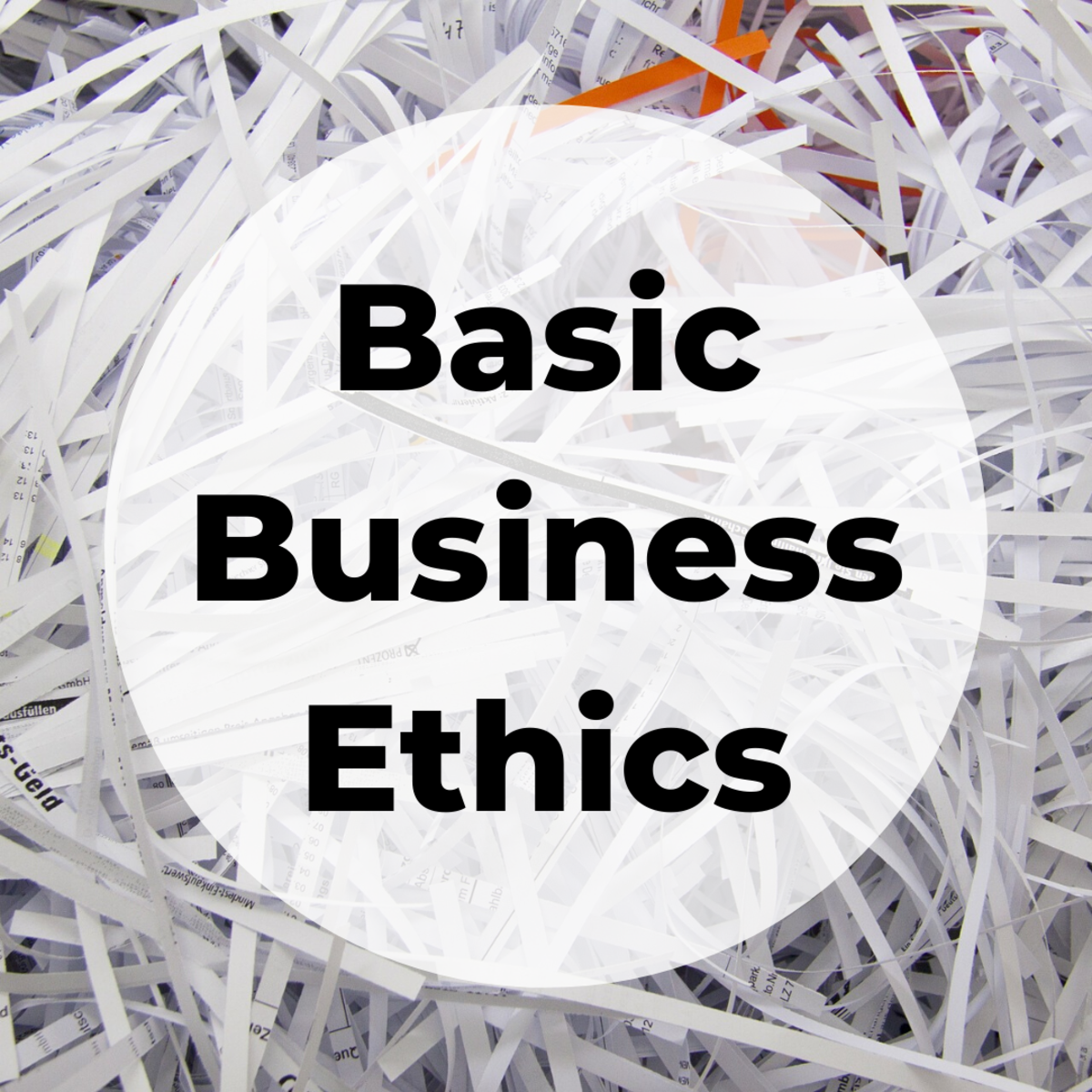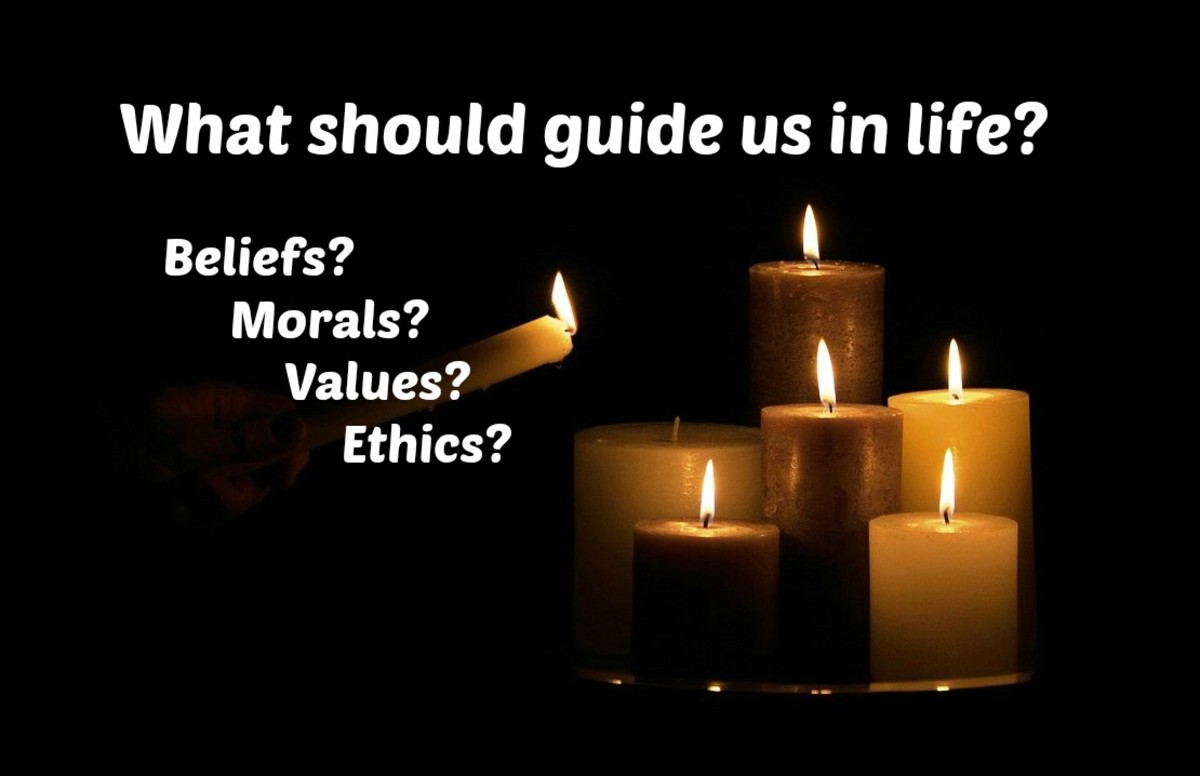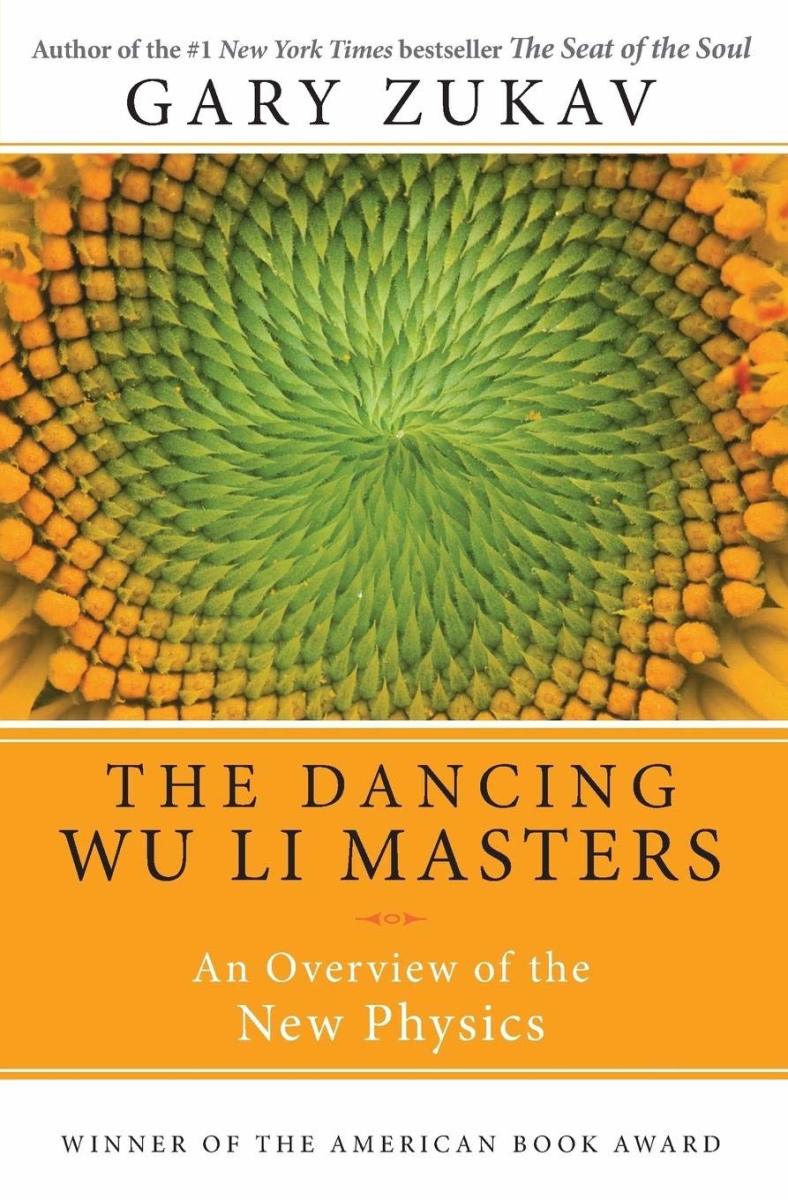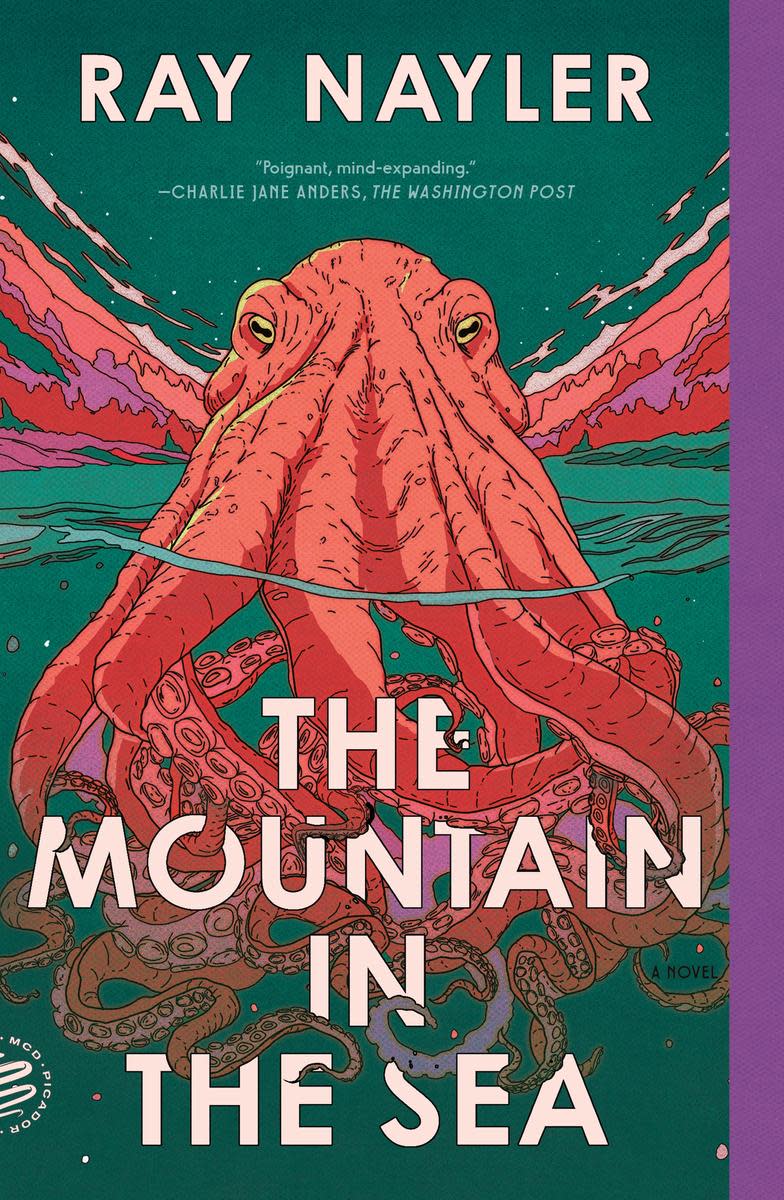Analyzing Ethics: A Book Review of “Irrealism in Ethics”
Irrealism in Ethics
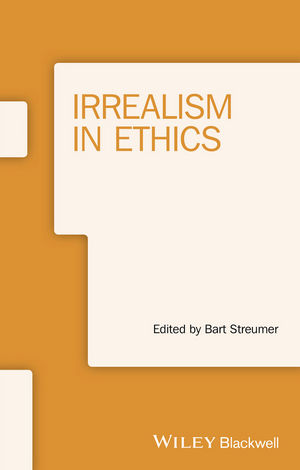
Introduction
Irrealism in Ethics is a compilation of six original philosophical essays written by today’s leading authorities in moral philosophy that tackle on the vast variety of forms of ethical irrealism. The essays in this book offer new perspectives that approach the arguments that surround the two major versions of ethical irrealism: the error theory and expressivism. Topics of discussion go from evolutionary origins, possibility of good moral advice, moral error theory, possibility of faultless moral disagreement, to the most plausible form of irrealism. Published in United Kingdom by Blackwell Publishing Ltd. and mainly edited by Bart Streumer, this book provides insightful views into the nature of moral ethics and the meaning of moral language.
Bart Streumer

Significance of Ethics
This book is mostly fascinating because it covers one of the most controversial yet more often than not unspoken issues in society – the changes of the nature of ethics. Ethics is a highly significant aspect of human life, both in individual and societal practice. As such, it is always important to contemplate and discuss how the meaning of morality has changed and how we can live with these changes whilst ensuring that we all live together in a social world governed by shared norms of decency, honesty, mutual respect, compassion and fairness.
Ethics is more than a word
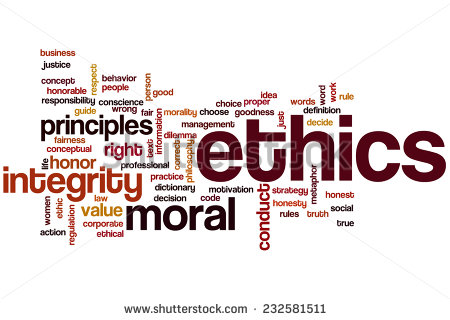
The 6 philosophical essays in the Irrealism in Ethics
There are six original philosophical essays included in this book, which are as follows:
- Irrealism and the Genealogy of Morals by Richard Joyce
- A Distinction Without a Difference? Good Advice for Moral Theorists by Hallvard Lillehammer
- Ethics Without Errors by James Lenman
- Faultless Moral Disagreement by Alison Hills
- Revolutionary Expressivism by Sebastian Köhler and Michael Ridge
- Do Normative Judgements Aim to Represent the World? by Bart Streumer
Included in this book review are the summaries of the first three philosophical essays.
Undeniable Dillema of Right and Wrong
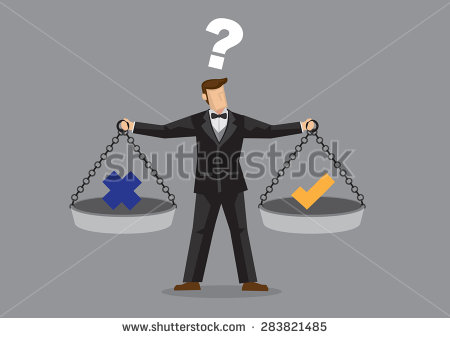
Richard Joyce’s Irrealism and Geneology of Morals
- The first essay in this volume is Richard Joyce’s Irrealism and Geneology of Morals. This paper focuses on two debunking arguments.
- First, he presents an error theory based on genealogical grounds. Then, he seeks to show how a debunking strategy can work even under the assumption that non-cognitivism is true.
Existentialism: Friedrich Nietzsche, Genealogy of Morals
Hallvard Lillehammer’s paper, A Distinction Without Difference? – Good Advice for Moral Error Theorists
- Hallvard Lillehammer’s paper, A Distinction Without Difference? – Good Advice for Moral Error Theorists argues that no one universal error theory is likely to satisfy the one plausible criterion of a successful metaethical theory, which is that it will be applied in a world where morally serious people describe their predicament in moral terms, and sometimes respond to that predicament in morally insightful ways.
Moral Error Theory
James Lenman’s Ethics without Errors
- James Lenman’s Ethics without Errors provides arguments against moral error theory, abolitionism, and prescriptive fictionalism.
- Lenman seeks to prove the excellently reasonable need to moralize and live with no errors in this matter as much as possible.
Arguments on Morality
Analysis on James Lenman's Ethics without Error
- Out of the six essays in this book, I find James Lenman's Ethics without Errors the most thought-provoking because it discusses the question the legitimacy of morality and its survival to the modern times.
- I liked how Lenman started the essay by enumerating the relationship of empirical questions about the natural world and moral questions.
- In this sense, the author gave the readers the chance to think first on the issue before stating his side.
- He points the question on what's morally wrong or acceptable before turning to the question whether morality is lost already.
- I find the question on the loss of morality very relevant in human life since today's generation have conflicting views on how to conduct themselves as individuals in society.
- It's not just the issue of modesty that is affected when we hear the world “liberated”.
- When people say that they are “liberated”, there is the underlying movement in ethics – abolition of morality.
- But abolitionists, as Lenman discussed in his paper, are still using morality – or rather moralizing - even when they “condemn morality for making us priggish, sanctimonious, censorious, prudish, punitive, pompous, mean-spirited, fanatical or cruel.
- While abolitionists may seem to the public as open-minded people who do not want to be tied to the conservative traditions of the past, they are still hypocrites in trying to abolish something that they use in the process.
- Abolitionism simply devolves into prejudices which more often than not have no solid grounding.
- Amoralism is still questionable at best because how do you really quantify the standards of what is good or bad for you and your neighbor?
- I also liked how Lenman pointed out a supposition in which the morality one has believed in since childhood is all false.
- This premise acknowledges that the world we live in is not fair, but we still strive to have a discourse about what norms should govern our society.
- After all, the inevitable interconnectedness of man with others in society gives us the urgent duty to care – to continue to contemplate and practice morality in such a way that it will not be lost lest we human regress to apathy and result to severed ties from each other.
- Even moral fictionalism is still not good to practice because it delves unto subjectivity, a risky practice since not everything you think, say, and do is necessarily right for everyone.
- You not only have to worry about the consequences of you actions to your life, but all the more, to the lives of the people around you.
- All in all, the question “How do you know what standard of morality to live in?” is best answered by an unwavering practice of moralizing.
Can Individuals Spark a Moral Revolution?
Conclusion
All the six essays found in the “Irrealism in Ethics” show the significance of moral discourse – it is our right and duty to live as ethically upright as much as possible. This book is one that I highly recommend for its insights in the way we know and live in morality as individuals and as a whole society. Ethics is after all, the lifeblood of our dignity as humans. When we uphold ethics and live morally upright lives, our humanity is fully actualized because we distinguish ourselves from animalistic barbarism and live as rational thinkers that know very well the difference between right and wrong.
Ethics as a way of life
